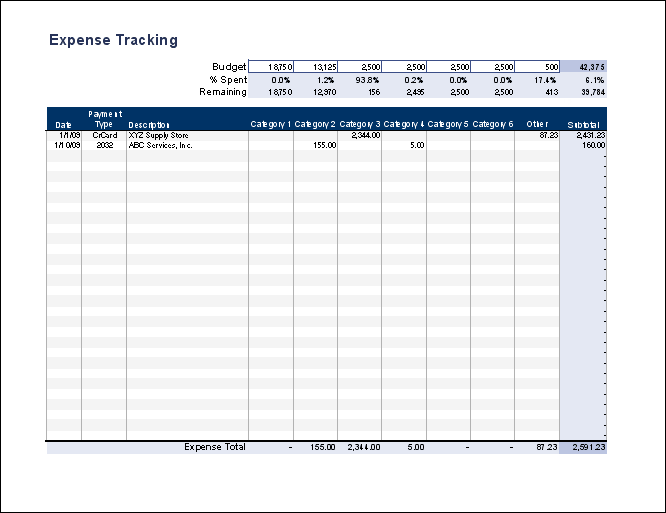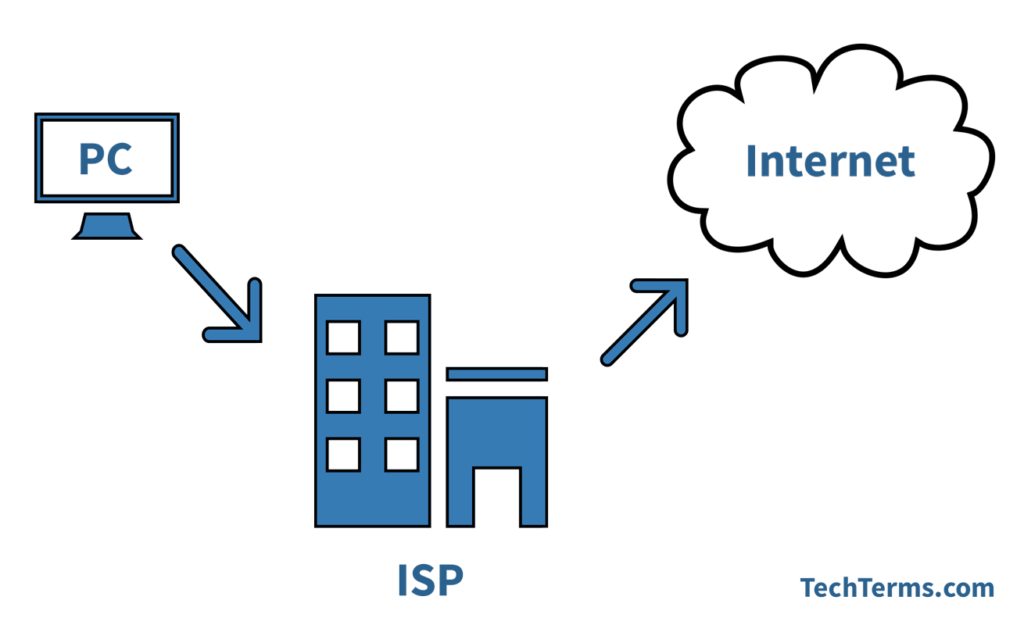There is a growing movement among Gen X and Millennial folks toward FIRE, which is Financial Independence, Retire Early. This article posted on Medium is typical. Those who are really into FIRE and write about it think they have discovered something new, which is in keeping with that generation. I will summarize (and possibly embellish) some of their discoveries:
- Save much more than your net take-home, perhaps as much as 50%.
- Pay off debt before starting to save.
- Track your expenses and create a budget and live by it.
- Work a side job if you don’t make enough in your primary job.
- Don’t try to keep up with the Jones’ lifestyle.
- Maximize your 401k/IRA contributions.
- Minimize investment fees/commissions – Use Vanguard and/or ETFs.
- Don’t time the market.
- Keep up your financial fluency.
- Clip coupons and shop the grocery sales. Drink only Natty Light or Two Buck Chuck. Don’t go to restaurants. Especially, don’t go to Starbucks. Sell your car and take the bus.
Perhaps my last bullet point is an exaggeration, but the general idea is true.

Does FIRE Fit You?
We probably all know people for whom this type of frugal lifestyle works. However, it may not fit you or your personality. Do you see yourself clipping coupons or cooking every meal for yourself? It typically requires that you spend money in order to enjoy an active social life. Are you at a point in your life when you are ambivalent about your social life? If you look at what it takes to live a frugal life, or you see frugal acquaintances and decide you can’t be like them, should you feel guilty or defeated because you can’t live up to the FIRE ideals?
Compromise With Yourself
If you try to make yourself do something or live a certain way because you are “supposed to”, but you don’t personally 100% commit to it, then your quest for FIRE will fail. That said, there is a point to living within your means. You need to find that point that makes you comfortable and satisfies your own desires. Every person’s comfort zone will be different. Give yourself credit for small victories. For instance, if you make it through a month not spending as much as you took home, celebrate by going to the store and buying whatever beer is on sale (not Natty Light) and drinking it. A cheap celebration, perhaps, but well-earned. Develop a plan that works for you and run with it, and don’t get down on yourself if your plan involves spending more than the FIRE advocates say you should or that your frugal friend does.
Pay Off Debt
In my opinion, the single best FIRE advice from my bullet point list above is to pay off your debts, especially your credit card, personal, or student loan debt, as soon as possible. Once you rid yourself of these debt burdens, you will be free to spend that money in ways that will make you happier and more comfortable. It takes a lot of discipline to pay off debt and you should certainly reward yourself if and when you are successful in doing so. A number of the other points such as not eating out and avoiding daily expenses such as Starbucks that add up over time are good but can be done in moderation and don’t require the discipline that paying off debt requires. Instead of every day latte’s, maybe only twice per week? That level of cutting might make the process more digestible for you.
IMO
I don’t consider myself a frugal person, and I couldn’t live the way people who I consider to be frugal actually live. However, I do “shop” for things I want or need and I do like to cook, so that gives me a leg up on those who don’t cook and go out every night. I believe I (and my family) do a good job of being value-conscious with our spending. I also believe I am disciplined, which is a trait I have learned over time through experience. FIRE, or anything approaching FIRE, requires personal discipline, and you can become more disciplined if you really want or need to.







